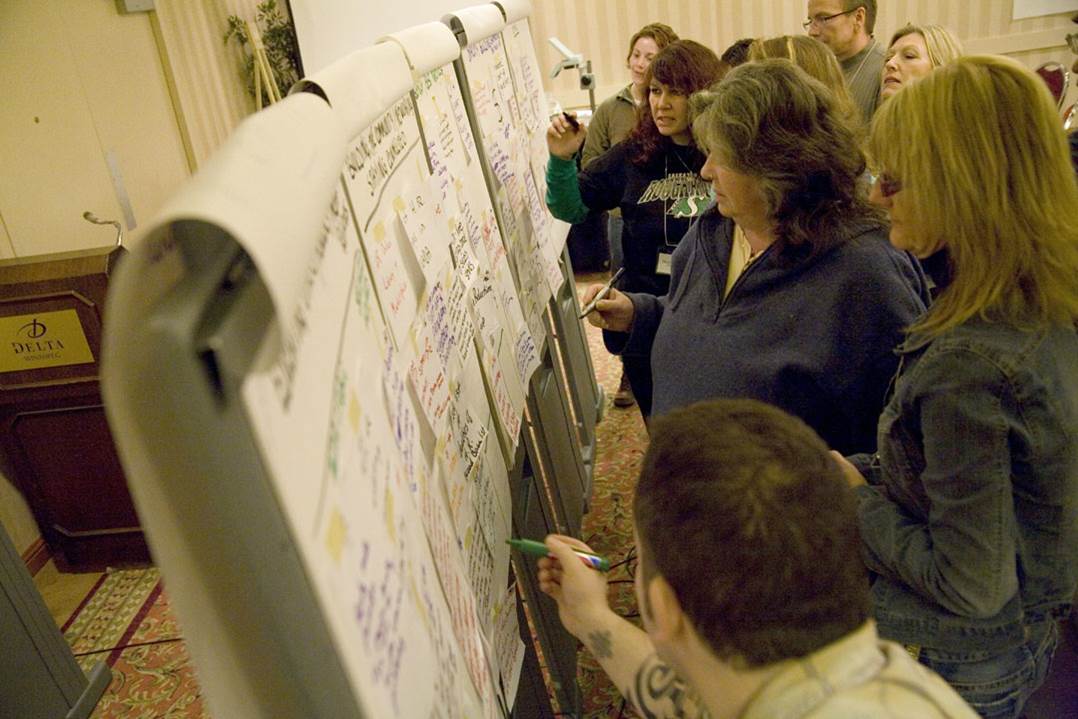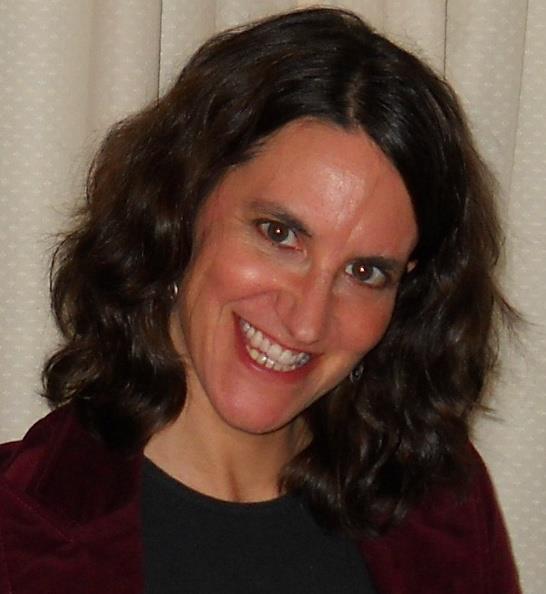Ten years ago, community meetings held in Victoria on the subject of “what to do” about drug use in our community were typically loud, sometimes hostile, and certainly full of impassioned energy. Those of us who saw the lack of housing, absence of accessible washrooms, and dearth of health and social supports for people living on the streets spoke out about safety concerns, risk of disease transmission, and exposure of our children to some of the more devastating of human experiences. Those of us who worked with people who use illicit drugs, or perhaps admired the work that was being done just across the water in Vancouver at Insite and the Dr Peter Centre, spoke out about the need for increased access to health care services grounded in scientific evidence and compassionate care. The voices we never heard were those of people who were living on the streets, being crushed by the everyday weight of poverty, trauma, and addiction, and never considered part of the community to begin with.
 The evidence showing the positive impact and efficacy that harm-reduction approaches to illicit drug use have on the health and well-being of local communities continued to accumulate as we debated in our town hall meetings and forums. Victoria is home to some of the brightest minds engaged in drug-policy reform, nursing care, direct support services, and addictions research, all whom have contributed to the stacks of reports, articles and blogs that support the need to increase access to harm-reduction services. The evidence has been in for a long time, but we apparently were not yet ready for it.
The evidence showing the positive impact and efficacy that harm-reduction approaches to illicit drug use have on the health and well-being of local communities continued to accumulate as we debated in our town hall meetings and forums. Victoria is home to some of the brightest minds engaged in drug-policy reform, nursing care, direct support services, and addictions research, all whom have contributed to the stacks of reports, articles and blogs that support the need to increase access to harm-reduction services. The evidence has been in for a long time, but we apparently were not yet ready for it.
Since then, conversations have continued, broadened, and are no less impassioned when it comes to drug use in Victoria. Ten years of debate, evidence, community organizing and a slow-but-steady opening of our collective hearts and minds has brought us to a place where perspectives are not so divided. Ten years ago, I would not have believed my ears had I heard the conversations taking place today. Those of us who lashed out with anger and fear for the safety of our children now speak about how supervised injection services could be part of our community response to drug use and reducing risks for all. We talk about how we can share information, educate ourselves, listen to experiential knowledge, and work together to meet those moments where the impacts of poverty, trauma and addiction collide with pragmatic and empathic responses. Those of us who use illicit drugs speak out with wisdom and courage of our pain and our struggle—and, increasingly, we are being heard.
Harm-reduction services are a critically important part of how we respond to the reality of illicit drug use in our society. They are not a panacea for addiction, but they are proven to save lives, engage and support people who we typically despise and isolate, and increase the capacity of communities to reduce risk and improve overall health. Victoria is finally ready to put evidence into action.
 The YES2SCS campaign (Yes to Supervised Consumption Services) has been created to harness the impassioned momentum that is continuing to move our community forward. The campaign includes healthcare professionals, people who use(d) illicit drugs, researchers, community activists, social workers, and individuals committed to social justice and public health. YES2SCS exists to unite the many Greater Victoria residents who know we can set the ground for supervised consumption services in our community. It’s time to harness this renewed energy and readiness to try new and effective strategies for caring for one another. We invite you to join us in asserting our capacity to create a healthier community for everyone!
The YES2SCS campaign (Yes to Supervised Consumption Services) has been created to harness the impassioned momentum that is continuing to move our community forward. The campaign includes healthcare professionals, people who use(d) illicit drugs, researchers, community activists, social workers, and individuals committed to social justice and public health. YES2SCS exists to unite the many Greater Victoria residents who know we can set the ground for supervised consumption services in our community. It’s time to harness this renewed energy and readiness to try new and effective strategies for caring for one another. We invite you to join us in asserting our capacity to create a healthier community for everyone!
To learn more about YES2SCS and to support the campaign through letter writing, petition signing, event organizing, and creating opportunities for dialogue, please connect with us:
yes2scs@gmail.com
Author: Heather Hobbs, Coordinator of Harm Reduction Services for the South Island at AIDS Vancouver Island.



